Do you want to stay ahead in the rapidly evolving trucking industry? Keeping up with the latest trucking industry trends is critical for ensuring vehicle safety, timely deliveries, and regulatory compliance. By understanding what’s driving change, you can proactively adjust your strategies to keep your operations efficient and competitive.
To help you get started, here are ten key trends shaping the trucking industry in 2025. Following these trends will keep your fleet moving forward and ensure that you’re prepared for the challenges and opportunities that lie ahead.

1. Adopting Electric Trucks
The electric truck market, valued at $21.1 billion in 2023, is projected to grow at a compound annual growth rate (CAGR) of over 15% through 2032. This growth is driven by the transportation sector’s shift towards cleaner, quieter, and more cost-effective logistics solutions, supported by government policies, rising fuel costs, and increasing consumer demand for sustainable practices
In 2025, the push for sustainability is leading many companies to adopt electric trucks. Major manufacturers are ramping up production, and regulations favoring lower emissions are speeding up adoption. If you’re looking to reduce costs and emissions, investing in electric trucks is the way forward.
2. Expanding Autonomous Vehicle Technology
Autonomous vehicle technology is steadily gaining traction in the trucking industry as companies explore ways to address driver shortages and enhance safety. Although full automation isn’t yet widespread, the following features are becoming increasingly common:
- Automated Braking: Reduces collision risks by automatically applying brakes in response to sudden obstacles.
- Lane Assistance: Helps maintain vehicle alignment, minimizing lane drift and improving overall road safety.
- Increased Safety: Advanced features contribute to lower accident rates and safer driving conditions.
- Driver Shortage Relief: Automation can help alleviate the strain caused by driver shortages, improving operational efficiency.
3. Enhancing Safety Regulations
New regulations aimed at improving driver and vehicle safety continue to emerge. Fleet managers must stay updated on compliance requirements, such as hours-of-service limits and vehicle maintenance mandates, to avoid penalties.
One of the most significant regulations is the Electronic Logging Device (ELD) Mandate. As of late 2023, the FMCSA requires most commercial vehicle operators to use ELDs to electronically track driver hours, ensuring strict adherence to hours of service regulations and replacing traditional paper logs for greater accuracy and compliance.
4. Prioritizing Real-Time Tracking
Reliable communication is essential in the trucking industry, and advancements in real-time tracking technology are making it easier to monitor vehicle location, status, and performance. This improves transparency and helps prevent delivery delays.
5. Addressing the Driver Shortage
The trucking industry continues to grapple with a driver shortage, creating challenges for fleet managers. Recruiting initiatives and retention strategies, such as offering competitive pay and benefits, are becoming more crucial.
To effectively address the driver shortage, fleet managers are exploring innovative solutions such as targeting underrepresented groups, including women and military veterans, to widen the talent pool. Additionally, investing in driver wellness programs that focus on physical and mental health can significantly improve retention by reducing burnout and enhancing job satisfaction.
6. Emphasizing Fleet Efficiency
Fleet managers are increasingly focusing on optimizing their operations. From fuel-efficient vehicles to route optimization software, the goal is to reduce costs and improve delivery times. Leveraging fleet management software can streamline your operations.
7. Navigating Supply Chain Disruptions
The trucking industry faces ongoing supply chain disruptions, which require fleet managers to be highly adaptable. From unexpected delays to shortages of crucial parts, companies need proactive strategies to keep trucks moving and minimize downtime. Having strong contingency plans and building robust relationships with suppliers are key to overcoming these challenges.
- Develop Contingency Plans: Prepare for potential delays by diversifying your supply chain and maintaining a buffer stock of essential parts.
- Strengthen Supplier Relationships: Collaborate closely with reliable suppliers to secure priority access to parts and services when disruptions occur.
- Implement Real-Time Tracking: Use advanced tracking systems to monitor the movement of parts and vehicles, allowing for faster adjustments in the event of delays.
8. Implementing AI and Data Analytics
AI and data analytics are transforming fleet management by offering insights into driver behavior, vehicle performance, and maintenance needs. These tools can help predict and prevent costly breakdowns.
9. Strengthening Cybersecurity
As trucking fleets increasingly adopt digital tools and connected vehicles, cybersecurity threats are evolving to target these new technologies. Cyberattacks can compromise not only sensitive data but also vehicle operations, leading to costly disruptions and even safety risks. To mitigate these threats, fleet managers must invest in robust cybersecurity measures, such as encrypting vehicle communication systems, regularly updating software, and training drivers on best practices for data security.
Implementing multi-factor authentication (MFA) and intrusion detection systems can further safeguard operations, ensuring that fleets remain secure in an increasingly digital landscape.
10. Focusing on Driver Wellness
Driver wellness programs are increasingly prioritized to combat fatigue and improve safety. Encouraging healthy lifestyles and monitoring driver alertness can enhance performance and reduce accidents.
Want to Streamline Your Truck Fleet Management?
Managing a truck fleet efficiently requires a combination of strategic planning, the right technology, and strong partnerships. By adopting tools like real-time tracking, advanced telematics, and automated compliance systems, fleet managers can optimize operations, reduce downtime, and enhance safety. These technologies not only offer valuable data insights but also improve commercial vehicle maintenance scheduling and route optimization, helping to lower fuel consumption and operational costs.
At ATC, we understand the complexities of fleet management and offer seamless vehicle transport solutions designed to keep your operations running smoothly. Whether you need support with compliance, timely deliveries, or reliable communication, our expert services can help you stay ahead of the curve. Contact us today to see how we can simplify your fleet management.













